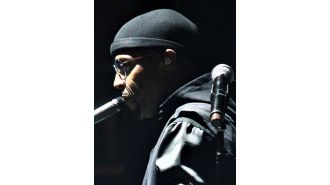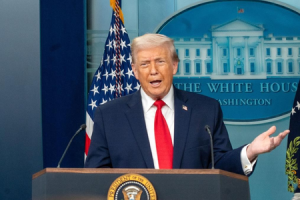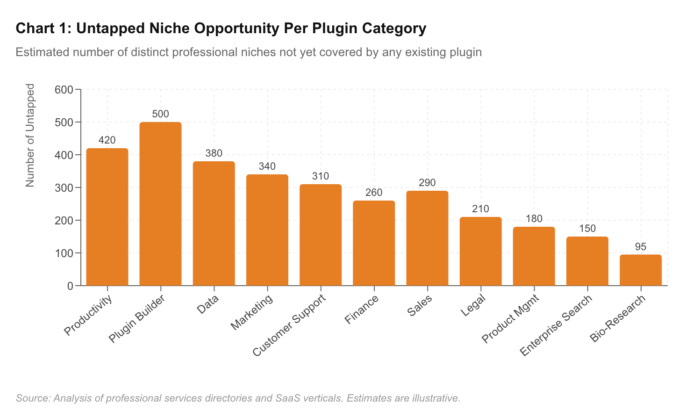Anti-left blame for most political violence by think tank head is misguided.
Study shows equal likelihood of violence from right-wing and Islamic extremists, with left-wing extremists ranking third.

David Klepper and Farnoush Amiri, reporters for the Associated Press, recently covered a press conference where Heritage Foundation President Kevin Roberts made some controversial statements about political violence in the United States. Roberts claimed that most political violence in the last 25 years has been initiated by the left, but this statement does not align with the available evidence.
Roberts' remarks were in response to questions about his previous comments, in which he referred to the current political climate as the "second American Revolution." He clarified that this was a reference to ambitious policy plans that Republicans may pursue if former President Donald Trump were to win the 2024 election. These plans, known as Project 2025, involve a sweeping overhaul of the federal government.
In regards to political violence, Roberts stated that his comments should be seen in a historical context. However, a closer look at the evidence shows that right-wing groups have actually committed more acts of violence in recent U.S. history. A team of researchers from four universities examined court records and data relating to 3,500 extremists active in the U.S. between 1948 and 2022. They found that right-wing extremists were just as likely to commit violent acts as those motivated by Islamic extremism, while left-wing extremists were a distant third.
Gary LaFree, one of the co-authors of the research, explained that left-wing violence has been diminishing for decades. On the other hand, violence by right-wing groups has been on the rise. LaFree, who is the founding director of the National Consortium for the Study of Terrorism and Responses to Terrorism, stated that there are very few left-wing cases these days.
He also noted that many of those responsible for political violence espouse "muddled ideologies," combining a rejection of authority with conservative views or claiming to be anarchists while supporting authoritarianism. LaFree believes that this lack of a strong ideological commitment may contribute to the increase in violence.
The topic of political violence has gained renewed attention following the attempted assassination of former President Trump earlier this month. Some Trump supporters have blamed Democratic rhetoric for the shooting, but this is not a new issue. Elected officials from both parties have been targeted with violence over the years, including Democratic U.S. Rep. Gabby Giffords, who was gravely wounded in a 2011 shooting, and Republican U.S. Rep. Steve Scalise, who was shot in 2017.
In recent years, there have also been attempts to harm Democratic Gov. Gretchen Whitmer of Michigan, a foiled kidnapping plot uncovered in 2020, and a man who broke into the home of then-U.S. House Speaker Nancy Pelosi and attacked her husband. The largest act of political violence in recent years was the Jan. 6, 2021, attack on the U.S. Capitol by a mob of Trump supporters.
There is a clear consensus among Americans from both political parties that political violence is not acceptable. However, surveys have shown that people tend to overstate the violent intentions of those with different ideologies. This emphasizes the importance of leaders from both sides coming together to denounce violence and promote peaceful discourse. Regardless of political beliefs, Americans generally reject partisan violence.










